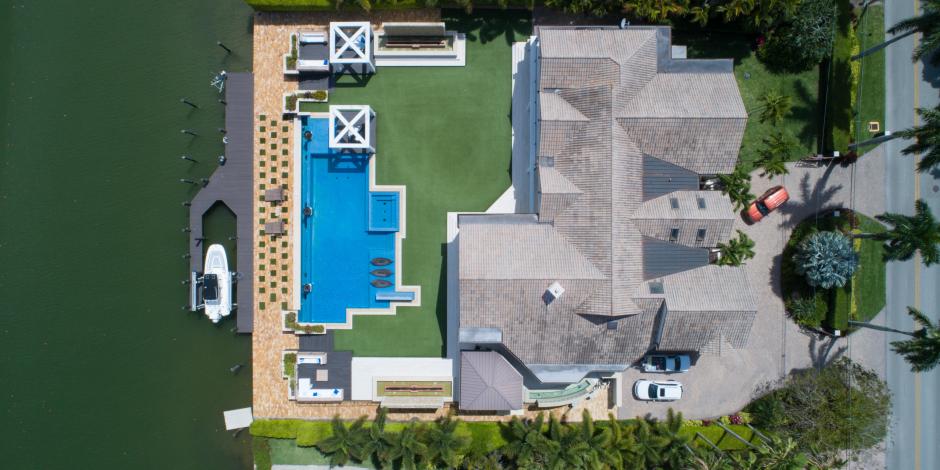Starten Sie den Audio-Text
Mit dem Audio-Player können Sie sich den Text anhören. Darunter finden Sie das Transkript.
The listening exercises in Business Spotlight Plus (p. 5) are based on the article “Filthy rich” (Names & News, p. 9). Here, we provide you with the audio file and transcript.
Click here to open the transcript
Filthy rich (ifml.)StinkreichFilthy rich
Much of the debate about climate change has focused, understandably, on the differences between the carbon emissionsKohlendioxidemissionen, CO2-Ausstoßcarbon emissions of rich countries and those of the developing world. However, recent data shows that the difference between the carbon emissions of rich and poor people within countries is now bigger. It seems, wherever they live, the wealthy “to pollute (sth.)(etw.) verschmutzen; hier: die Umwelt verschmutzenpolluting elite” does far more damage to the environment than the poorest groups do.
Climate policies are generally based on the idea that all emissions must be cut, regardless of where they come from. But a report by the World Inequality Lab to argueden Standpunkt vertretenargues that emission reduction would be more efficient if policies to target sb.jmdn. ins Visier nehmentargeted the top emitters, who tend to own larger houses and take more long-distance flights, for example.
The report also shows that fighting poverty in the developing world is not at to be at odds with sth.im Widerspruch zu etw. stehenodds with the job of cutting emissions. Professor Peter Newell, of the University of Sussex, told The Guardian: “to tackle sth.etw. angehen; hier: etw. bekämpfenTackling global poverty will not to overshoot sth.etw. überschreitenovershoot global carbon budgets, as is often claimed. … reducing carbon consumption at the top can to free sth. upetw. verfügbar machenfree up carbon space to lift people out of poverty.”


